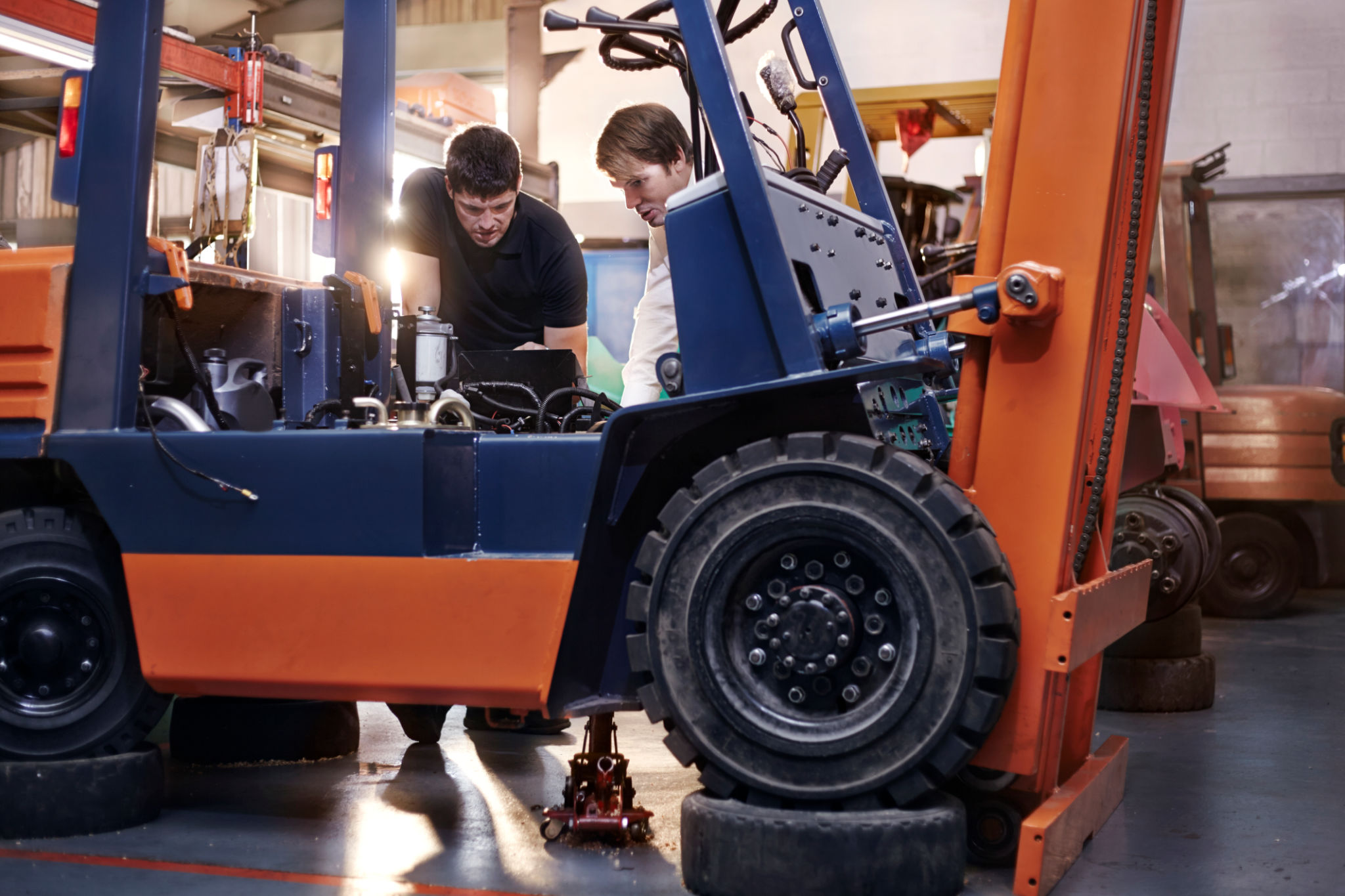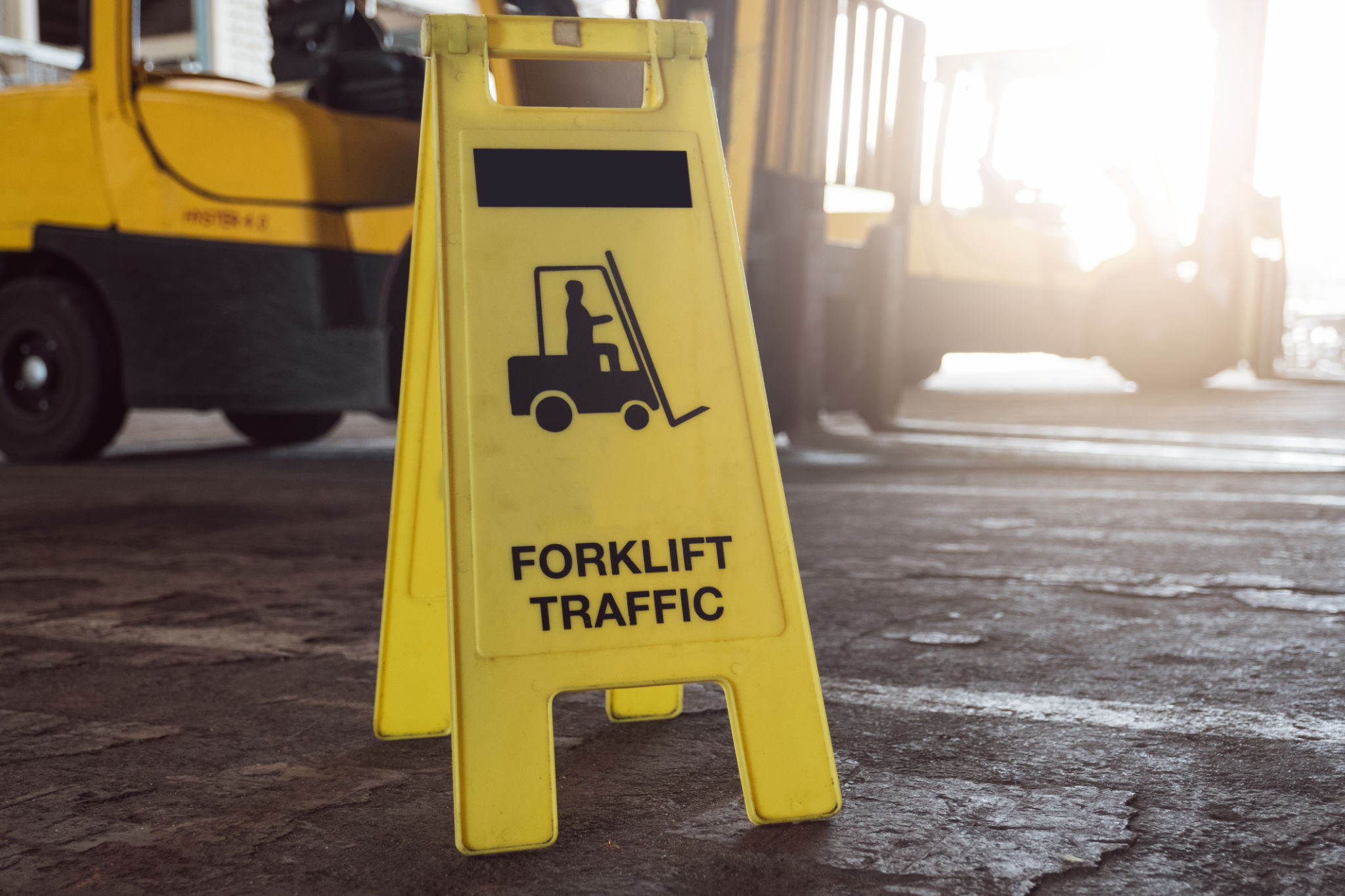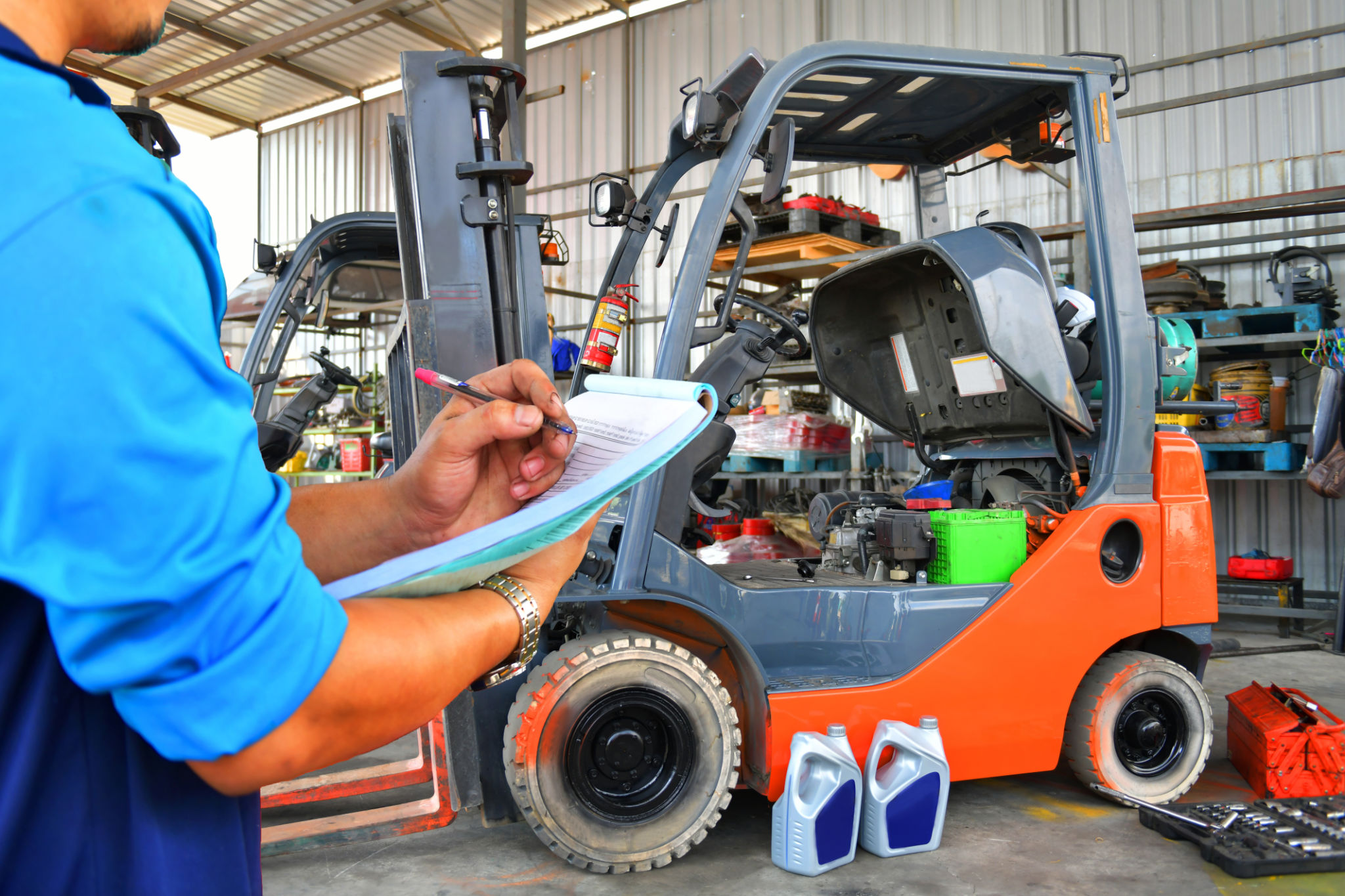The Benefits of Regular Forklift Maintenance: Maximize Efficiency and Safety
Introduction to Forklift Maintenance
In the bustling environment of a warehouse, forklifts play a crucial role in maintaining productivity and ensuring smooth operations. However, to keep these machines running efficiently, regular maintenance is essential. Proper upkeep not only extends the life of the forklift but also enhances safety and performance.

Enhancing Efficiency Through Regular Maintenance
A well-maintained forklift operates at peak efficiency, minimizing downtime and maximizing productivity. Regular maintenance ensures that all components are functioning correctly, reducing the likelihood of unexpected breakdowns. This allows for a more streamlined workflow, as operators can rely on their equipment to perform consistently.
Reducing Repair Costs
Investing in regular maintenance can significantly reduce repair costs in the long run. By addressing minor issues before they escalate into major problems, businesses can avoid expensive repairs and replacements. Routine checks allow for early detection of wear and tear, ensuring that forklifts remain in optimal condition.
Boosting Safety Standards
Safety is paramount in any workplace, especially when operating heavy machinery like forklifts. Regular maintenance helps to identify and rectify potential hazards, such as faulty brakes or worn-out tires, before they lead to accidents. This proactive approach not only protects workers but also minimizes liability for the company.

Ensuring Compliance with Regulations
Adhering to industry regulations and standards is crucial for maintaining a safe work environment. Regular forklift maintenance ensures compliance with safety guidelines, reducing the risk of penalties or legal issues. Businesses that prioritize maintenance demonstrate their commitment to safety and responsibility.
Improving Equipment Longevity
Forklifts are significant investments for any business, and maximizing their lifespan is critical for achieving a good return on investment. Regular maintenance helps prevent premature wear and tear, ensuring that forklifts remain operational for as long as possible. This longevity translates to more extended periods between replacements and lower overall costs.
Maintaining Optimal Performance
Routine checks and servicing ensure that forklifts operate at their best performance levels. This involves monitoring fluid levels, inspecting mechanical parts, and calibrating systems to manufacturer specifications. Keeping forklifts in top shape enhances their efficiency and reliability on the job.

Conclusion: A Proactive Approach
Regular forklift maintenance is a proactive strategy that delivers multiple benefits, from increased efficiency and safety to reduced costs and extended equipment life. By committing to a consistent maintenance schedule, businesses can ensure a safer work environment and optimize their operations. Investing in the upkeep of forklifts is investing in the future success of your business.
